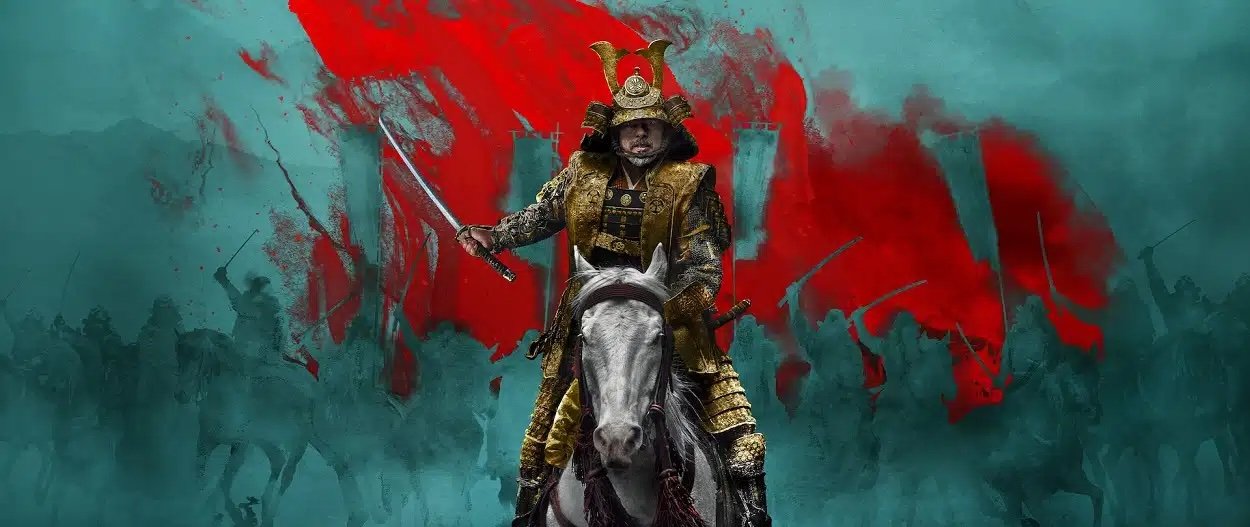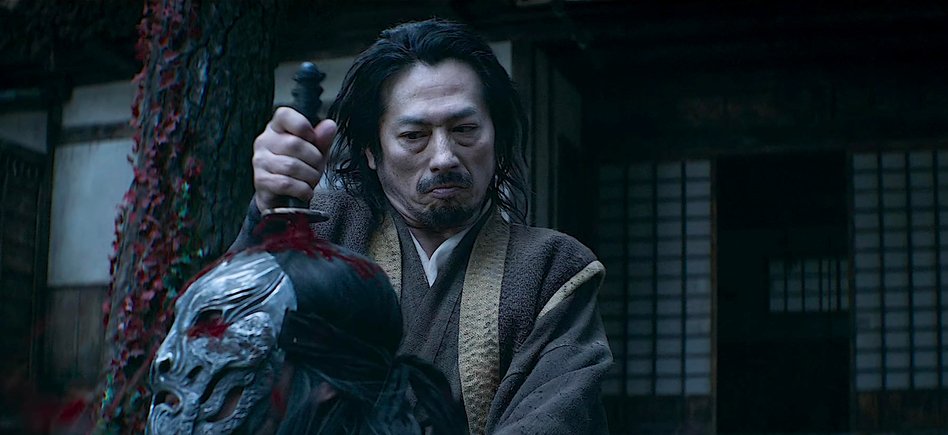
Shōgun corrects mistakes of the past in a stunning new Saga
by Kathia Woods
In the late 1970s and early 1980s, a golden age of television miniseries emerged, with groundbreaking programming captivating audiences. One standout miniseries was "Shōgun," an adaptation of James Clavell's bestselling novel. Filmed in Japan and airing on NBC over five consecutive nights, "Shōgun" gained critical acclaim. While some aspects of its cultural depiction may not align with contemporary sensibilities, it remains a groundbreaking and influential work.
FX now presents a new 10-part limited series titled "Shōgun." This visually stunning and epic series explores deeply rooted and often brutal traditions, clashing cultures, divided loyalties, political maneuvering, the consequences of war, and a forbidden romance with potentially fatal consequences in its era.
The premiere episode opens with a spectral European ship, battered and weathered, emerging from the mist and anchoring near a Japanese fishing village in the year 1600. The pilot, John Blackthorne (Cosmo Jarvis), an Englishman who endured capture, ridicule, and mistreatment as a "outsider," is among the few starving and barely alive survivors. Despite his rough beginnings, he quickly proves his resilience and capabilities, earning the respect of the esteemed yet beleaguered Lord Yoshii Toranaga (Hirokiyuki Sanada, who also served as a producer on the project).
With a gifted ensemble cast and a skilled team of directors, co-creators Rachel Kondo and Justin Marks have crafted an immersive cinematic experience in "Shogun." You should enjoy this captivating appointment TV on the largest possible flat-screen monitor. While your smart tablet or phone may provide convenience, they won't deliver the full grandeur that "Shogun" deserves.
Following the death of the beloved Taik, the Council of Regents faces a year of turmoil. The ambitious Ishido Kazunari, consumed by his lust for power, conspires with other members to impeach and eliminate Toranaga. In the midst of these political maneuvers, the Blackthorne makes its way to Japan, where it receives the Japanese name "Anjin," which translates to "pilot". Initially concerned only with evading execution and reclaiming his ship, Anjin soon finds himself entangled in larger conflicts.
To navigate this treacherous landscape, Toranaga recruits Toda Mariko, a noblewoman who has converted to Christianity and has a dark and tragic past. Mariko serves as a translator for Anjin, who possesses valuable knowledge about the Portuguese Catholics' maneuvers. Meanwhile, Anjin instructs the samurai in cannon firing, preparing for the potential escalation of conflicts within the Council of Regents. The series begins with a complex narrative involving a growing cast of characters and intricate relationships. Characters reveal their bloodlines at times, and their backstories shape their present selves. Occasionally, characters pause to deliver exposition that seems intended for the viewer rather than their own enlightenment, but it effectively conveys necessary information.
As the series progresses, Toranaga and Mariko share equal prominence with Anjin as protagonists. Most of the dialogue is in Japanese with subtitles. Despite Anjin's dedication to assimilating into the culture through language learning and adherence to customs, the prevalent practice of suicide as a respected form of departure from life deeply shakes and troubles him. He struggles to comprehend why certain events in Mariko's past make her yearn for death's release. In contrast, the Japanese are alternatively amused or disgusted by Anjin's aversion to regular bathing, his occasional uncouth behavior, and his fondness for foul-smelling cooked pheasant.
In the midst of political turmoil and brutal violence, the connection between Anjin and Mariko deepens. (The series “Shōgun” not only portrays gruesome violence but also includes passionate encounters between its attractive characters, creating a captivating balance between bloodshed and intimacy.)
The production design is impeccable, the cinematography is visually stunning, and the costumes are a spectacle to behold. “Shōgun” effectively captures Japan's beauty while also portraying the unforgiving and rugged terrain of the country, including the looming threat of earthquakes, tsunamis, and harsh winters. The performances are consistently strong, with Anna Sawai and Hiroyuki Sanada delivering particularly resonant and impactful work.
“Shōgun” stands as a notable reimagining of James Clavell's book and the acclaimed 1980 adaptation, and it is likely to be remembered as one of the most outstanding limited series of 2024.
The series is currently available for streaming on Hulu


